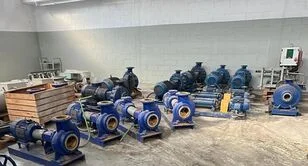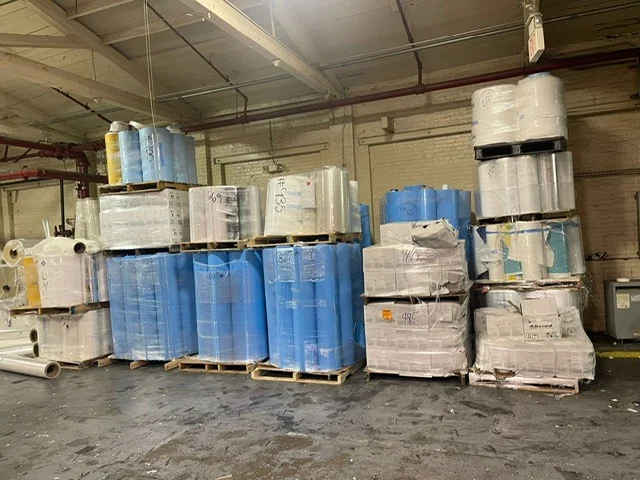Premium Products
Discover our carefully selected premium products from around the world

4
Seasonal Good
Active
SKU: 2025-NON-7-SEA-18-12-55
Stock
1 container
Min Order
1 container
Valid Until
Sep 16, 2025
Unit Price
€558,500.00 EUR per container

19
| 1
Mix Products
Active
SKU: 2025-BRA-8-MIX-18-08-17
Stock
1,324,000
Min Order
100,000
Valid Until
Sep 16, 2025
Unit Price
€4.50 EUR
Generator
Active
SKU: 2025-CAT-1-GEN-18-08-08
Stock
1
Min Order
1
Valid Until
Sep 16, 2025
Unit Price
€145,000.00 EUR

2
Used Electric Motor
Active
SKU: 2025-BRA-7-USE-18-07-55
Stock
12,000 kg
Min Order
12,000 kg
Valid Until
Sep 16, 2025
Unit Price
€1.90 EUR per kg

1
Medical PVC Tapes
Active
SKU: 2025-BRA-6-MED-18-07-51
Stock
120,000 lb
Min Order
120,000 lb
Valid Until
Sep 16, 2025
Unit Price
$1.00 per lb

6
Scale Model Cars
Active
SKU: 2025-BRA-5-SCA-18-07-48
Stock
66,750
Min Order
10,000
Valid Until
Sep 16, 2025
Unit Price
€0.75 EUR

1
Bulbs
Active
SKU: 2025-BRA-4-BUL-16-10-31
Stock
406,825
Min Order
50,000
Valid Until
Sep 14, 2025
Unit Price
£0.35 GBP

2
Children Clothes
Active
SKU: 2025-BRA-3-CHI-16-06-32
Stock
60,137
Min Order
60,137
Valid Until
Sep 14, 2025
Unit Price
€0.75 EUR

8
| 1
Stainless Steel
Active
SKU: 2025-BRA-2-STA-15-21-13
Stock
250,000 m
Min Order
10,000 m
Valid Until
Sep 13, 2025
Unit Price
€5.75 EUR per m